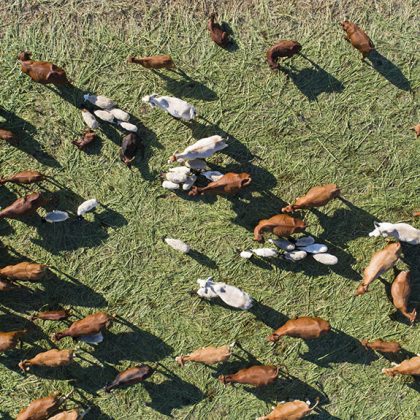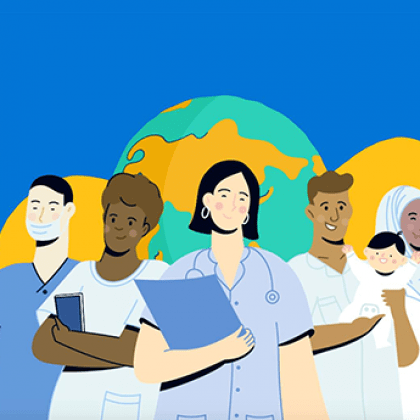Thomas Czypionka · 12 April 2020
HEPL blog series: Country Responses to the Covid19 Pandemic
Austria’s Response to the Coronavirus Pandemic – a second perspective (read the alternative report here)
Thomas Czypionka, Institute for Advanced Studies Vienna (IHS), Austria and London School of Economics, UK
Miriam Reiss, Institute for Advanced Studies Vienna
Isabel Pham, Institute for Advanced Studies Vienna
Despite its fragmented healthcare system, strong federalism and relatively poor public health capacity, Austria has so far fared surprisingly well in the current crisis.…

















































